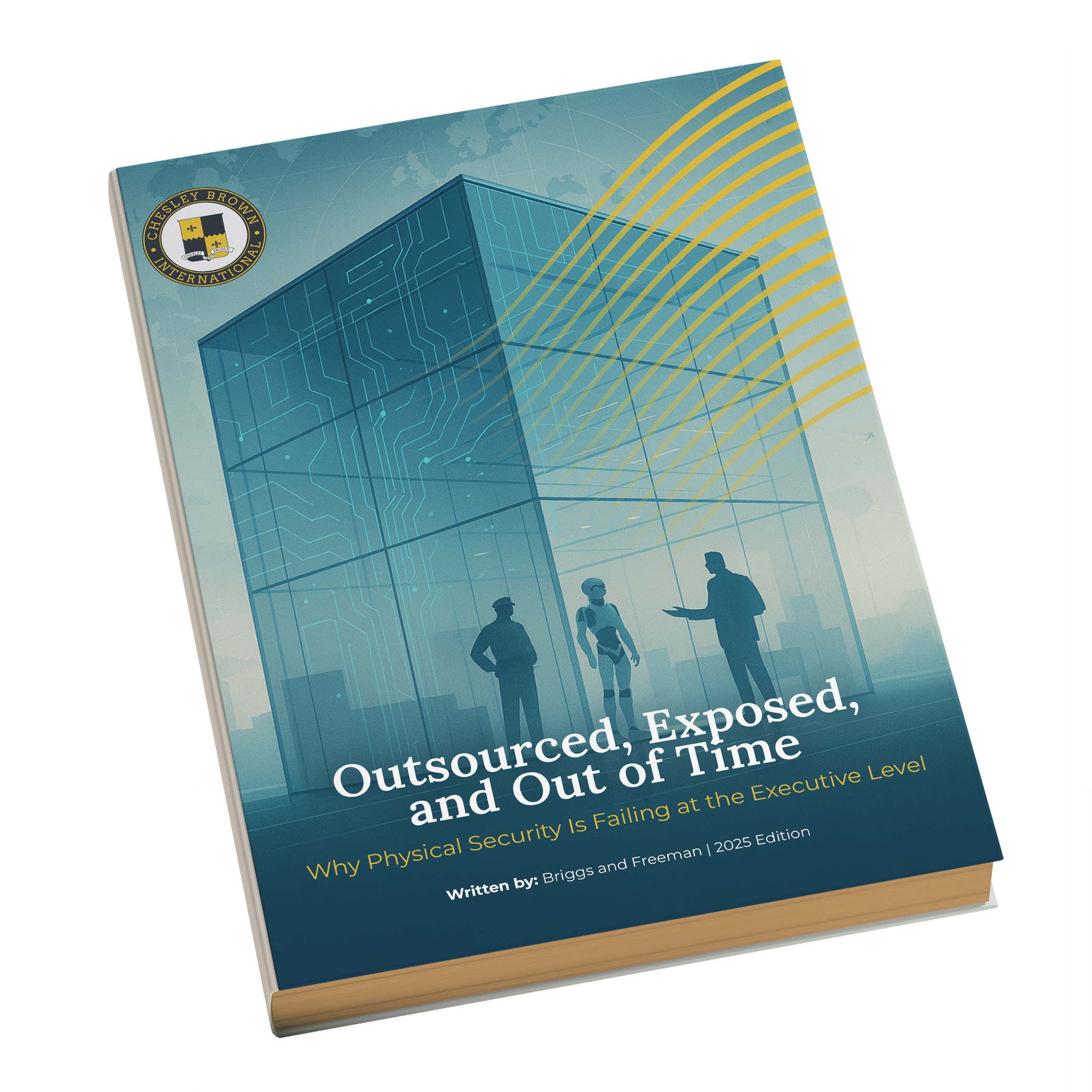The sound of gunfire punctuated the peaceful hush of Christmas morning. According to one witness, “It sounded like an automatic weapon.” About 10 minutes later she heard a second round of gunfire, then a third. When police arrived at the scene a little after 5:30am they found an RV parked in front of a nondescript building in downtown Nashville. A message repeated from a loudspeaker warning of an explosion. The aftermath of that explosion brought communications down in six states, disrupted the entire economy of the greater Nashville region, and shut down most of downtown Nashville. Thankfully, there were no serious injuries — the attack designed to minimize human loss, it seems.
If inflicting mass casualties wasn’t the goal of the bombing suspect, what was? “The target, it appears, was infrastructure… specifically a large AT&T Data Center in downtown,” according to Nashville’s Mayor John Cooper. The explosion affected communications in 6 states, causing disruptions to 911 systems as far away as Knoxville, and even interfered with aviation.
How to Protect Your Business from Threats
“You don’t need an enormous neon sign that says ‘data center’ for people to know what’s going on…”
Steve Goins, Managing Director Chesley Brown Nashville
So what lessons can businesses learn from the Nashville bombing? Because of our direct proximity to the affected area in Nashville, Chesley Brown has been actively responding along with local, state and federal law enforcement to provide assistance. “The big takeaway here is that you don’t need an enormous neon sign that says ‘data center’ for people to know what’s going on there” says Steve Goins, Chesley Brown’s Managing Director of Nashville. “We have intentionally remained quiet to ensure we are meeting the needs of our clients and staff during this time. Our field staff have played a vital role by helping our clients gain access to the affected location, working directly with law enforcement to ensure an active crime scene is maintained, and helping maintenance staff close up and secure the building while the investigation is ongoing.”
Due to the sheer volume of questions we’ve been asked in the wake of the Nashville bombing, I thought it would be helpful to share some strategies that organizations can use to gain a better understanding of which assets may be at risk in this new risk landscape.
Resources:
- Ensuring the Prosperity of your Business: Threat Assessments
- The Anatomy of a Crisis Management Plan
- Business Impact Analysis: 4 things to know
- 5 Tips for Creating Better Crisis Management Plans
- 10 Steps for Building a Crisis Communication Strategy
- Budgeting for Risk
- 10 Steps for Developing an Emergency Response Plan
“The fact is, everyone in an organization has a role to play in security,” according to Director Goins. “Besides boots on the ground and technology like cameras, companies and their staff need regular training as part of the organization’s broader risk management strategy. Things like best practices, remaining vigilant, and safety training can really help mitigate a disaster. I think that’s one of the big lessons the Nashville bombing can teach.”
Conclusion
You can’t fully eliminate risk from your organization. Although preparing for risk is a complicated and time-consuming process, it can literally save lives. When disaster does strike, it pays to have a partner who can help you make sense of the chaos and chart a clear path forward. 4 out of 5 businesses without a crisis management plan close forever within a year of a serious disruption. That’s why, for over 30 years, Chesley Brown has dedicated ourselves to helping organizations anticipate and navigate risk before it becomes a crisis. If you have serious questions about your security, our experts are always here to help.
Sign up!
For industry-leading guides and analysis sign up for our blog below.
Latest News
The Ultimate Guide for Small Businesses to Combat Economic Espionage
For decades, the US has been a victim of economic espionage — a foe that is now costing American companies billions of dollars in lost revenue. From hacking government websites to infiltrating research institutions with…
Preventing Civil Unrest
We’ve all recoiled in disbelief and horror as we watched scenes of violence stream across our TVs. The violent insurrection we saw in the U.S. capitol was unprecedented. That is to say nothing of the …
What Achilles can Teach us About Threat Management
By: Dell Spry There are numerous similar, seemingly inconsequential, soft targets scattered across our country unprotected by a single surveillance camera or even a strand of barbed wire. Is this issue getting the attention it…
The SolarWinds Supply Chain Attack: What Businesses Need to Know
What is the SolarWinds Supply Chain Attack? SolarWinds, the Austin-based cybersecurity firm, found itself in the middle of a catastrophe due to internal security lapses. The firm recently earned headlines for making it to the…
3 Simple Practices to Optimize School Safety During Covid-19
Maximizing safety for students and employees If you’re anything like me, keeping your family safe is your number one priority. During the Covid-19 pandemic, this means minimizing social contact to reduce the chances of infection. …







